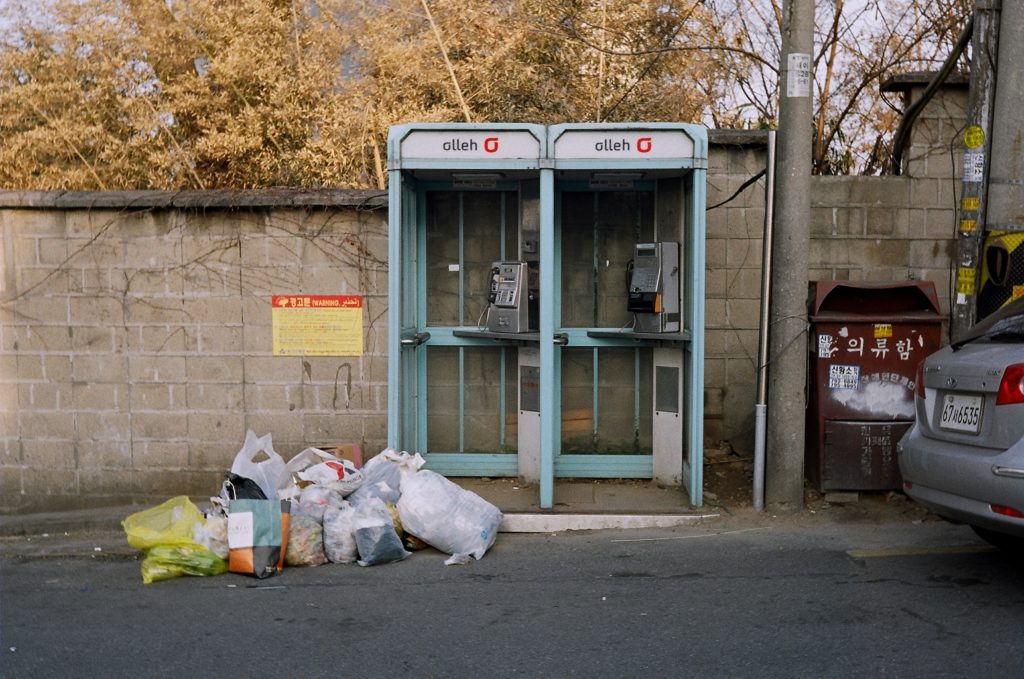The Peninsula
Korea Sweeps Its Trash Problems Abroad

What Happened
- Incheon, the longtime destination for Seoul’s garbage, is demanding Seoul city Mayor Oh Se-hoon adhere to Incheon’s request that Seoul finds a new landfill for its waste by 2025.
- With the increase in home deliveries during COVID-19, plastic and recyclables were thrown away at an unprecedented rate in 2020.
- China’s 2017 ban on trash and recyclable imports has left Korea’s recycling industry unable to cope with supply.
Implications: South Korea is prone to shifting its environmental costs abroad, bringing into question the country’s commitment to a collective green future. Korea once recycled more than 50% of its waste but relied heavily on shipping much of the leftovers abroad. However, China’s refusal to accept trash imports disrupted this waste management system. South Korea also used to burn some of its trash to address limited landfill space, but in 2017 excess smog led to tighter restrictions and reduced waste-to-energy plants in the country by nearly half. As the country’s recycling industry struggled to address the excess trash, COVID-19 exacerbated South Korea’s waste production. In response, South Korea is choosing to send more waste to places like Thailand and Malaysia that have looser environmental regulations. This may relieve Korea’s trash problem but undermines global efforts to create a more sustainable future.
Context: South Korea’s trash export highlights its tepid commitment to environmental protection. The abovementioned ban on burning trash is consistent with Moon Jae-in’s promise of achieving net-zero carbon emissions by 2050. However, the global effort to reduce carbon emissions is obviated if the waste that South Korea is not burning is still burned abroad. While waste-burning regulations allow for cleaner air in South Korea, they may not contribute to climate change mitigation.
This briefing comes from Korea View, a weekly newsletter published by the Korea Economic Institute. Korea View aims to cover developments that reveal trends on the Korean Peninsula but receive little attention in the United States. If you would like to sign up, please find the online form here.
Korea View was edited by Yong Kwon with the help of Melissa Cho and Alexandra Langford. Picture from flickr user Ulana Holtz.
